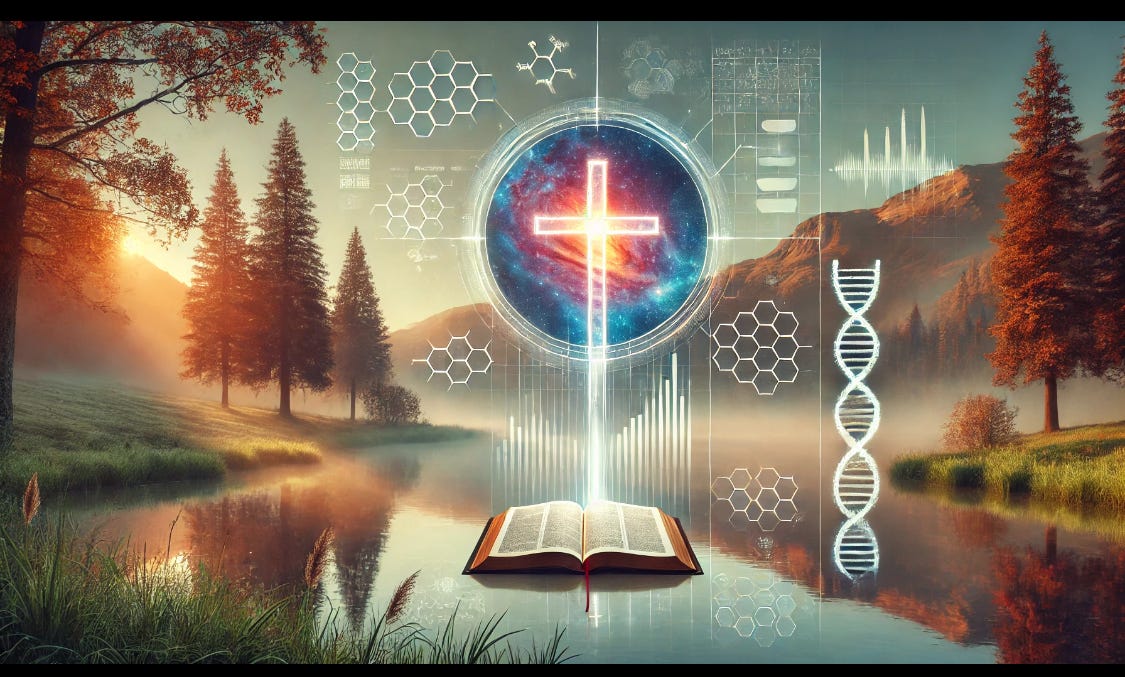Creation vs. “Chancetime”
Miracles from Mind vs miracles from meaninglessness
Atheistic naturalism has its own creation story—one without a Creator. In place of “In the beginning, God said,” it offers, “At some point, it just happened.” Time becomes the stand-in for divine power. Given enough eons, we’re told, chaos will write code, dust will awaken, and reason will emerge from randomness. But time is not their hero, and probability is their enemy.
The longer time stretches, the more statistical impossibility compounds. The odds against unguided chemistry producing even a single functional protein are astronomical—stretching time doesn’t solve that; it multiplies the improbability. The naturalist invokes patience as power, but time cannot design, cannot choose, cannot aim. It only measures decay.
By contrast, creation begins with mind. The biblical account needs no infinite timeline or cosmic lottery—it begins with command: “Let there be.” Every miracle in Scripture follows that same pattern: an intelligent will issuing a rational directive within a system already ordered by that will. God doesn’t compete with natural law; He authored it.
Naturalism, for all its claims of reason, lives off contradiction. It rejects miracles yet depends on them. It denies purpose yet borrows it to describe evolution. It treats chance as a cause, time as a savior, and probability as a servant—but all three betray it.
The Christian sees through the illusion. The universe is not an accident patiently waiting to make sense of itself. It is the speech of a rational God—logical, moral, and personal. Time can erode, chance can scatter, but the Word endures forever.


